- by [email protected]
- 0
- Posted on
The Violin That Plays Itself
My grandmother’s farmhouse was full of secrets. The kind that linger in floorboards, seep through wallpaper, and hum in the dark corners of attics. But nothing compared to the secret she kept in that rotting case.
I found it two weeks after her funeral. The attic stairs groaned under my weight, and the air tasted like dust and damp wood. There, shoved behind a rusted sewing machine and a stack of Life magazines from the ’60s, was the case. Black leather, cracked with age, its latches crusted with something dark. I almost left it. But the cold—god, the cold—radiated off it like winter. I had to know.
Inside, nestled in velvet the color of dried blood, was the most beautiful thing I’d ever seen.
The violin wasn’t just an instrument. It was a creature. The wood gleamed like polished obsidian, swirling with veins of gold that caught the light like trapped fireflies. The scroll curled into the face of a woman, her features carved with impossible delicacy—lips parted in a silent scream, eyes wide and wild, strands of her hair twisting down the neck into intricate, thorned vines. The strings weren’t steel or gut. They shimmered liquid silver, taut and perfect, humming faintly even untouched.
I reached for it.
Gram’s voice hissed in my memory: “Don’t play the high notes.”
But the violin wasn’t asking. It was commanding.
The first time I played, the air turned to ice.
I’d only meant to test it. A simple scale. But the moment the bow touched the strings, the room shifted. Shadows pooled in the corners, thickening into shapes that leaned forward, listening. The A-string rang out clear and cold, and I swear I heard a woman’s voice harmonize—a low, mournful note that rattled my ribs.
Then the E-string.
It screamed.
Not a metaphor. A raw, human sound, shrill and jagged, like a nail dragged down a chalkboard made of bone. I dropped the bow. The second it clattered to the floor, the shadows snapped back, and the violin fell silent.
But the screaming didn’t stop.
It came from the barn.
I found the cat first.
Mr. Tibbs, Gram’s ancient tabby, who’d survived three coyote attacks and a poisoned mouse. He lay stiff in the hayloft, his mouth stretched wide in a soundless yowl, his pupils blown black. His claws were embedded in the wood, deep grooves raked toward the ladder. Like he’d tried to crawl away from something.
The barn stank of wet earth and copper. And something else—honeysuckle. Sweet, cloying, the way Gram’s perfume used to smell.
I buried him under the willow tree. When I came back inside, the violin was on the kitchen table.
I’d left it in the attic.
That night, the humming started.
Not from the violin. From the walls. A deep, resonant drone, like a church organ played underwater. I tore the house apart—checked the vents, the cellar, the crawl space. Nothing.
Then I noticed the dust.
It gathered in perfect lines along the floorboards, swirling into patterns. Symbols. The same jagged, angular marks etched into the back of the violin.
I took a photo and sent it to my friend Mara, who studies dead languages.
Her reply: “Where the hell did you find this? It’s Old Breton. Rough translation: ‘She walks in the strings.’”
Three days later, the shadows began to dance.
I’d started sleeping with the violin locked in the barn. A mistake. At 3 a.m., I woke to the sound of something scraping against the porch door. Not an animal. Rhythmic. Deliberate.
Scritch. Scritch. Scritch.
I grabbed Gram’s old shotgun and crept downstairs. The moon bled through the curtains, painting the living room in jagged silver. The violin case sat on the couch.
Open.
Empty.
The scraping came from outside. I peered through the door’s lace curtain.
She stood in the yard, her back to me. Tall, impossibly thin, her hair a tangled curtain down her spine. The violin was in her hands. She played without a bow—her fingers plucked the strings, each note a wet, guttural twang.
The shadows around her writhed. Dozens of them. Humanoid, but stretched and warped, their limbs too long, heads lolling on broken necks. They swayed to the music, jerking like marionettes.
I didn’t breathe. Didn’t blink.
Then she stopped.
Slowly, her head turned. Not her body—just her neck, rotating a full 180 degrees. Her face was smooth. Blank. No eyes. No mouth. Just a pale, featureless oval.
She raised the violin.
The E-string screamed.
I woke up on the kitchen floor at dawn, my hands raw and bleeding. The violin lay beside me, pristine, its strings clean.
But my fingers…
Deep, precise cuts. Like I’d been playing for hours.
Mrs. Grady from the post office came by that afternoon. She took one look at the violin and crossed herself.
“Elspeth’s fiddle,” she whispered.
“Who’s Elspeth?”
“Your kin. Hung herself in the barn back in ’93. Not 1893. 1993.”
“That’s not possible. Gram would’ve—”
“Your gram lied.” Mrs. Grady’s voice trembled. “Elspeth wasn’t some folk tale. She lived here. Played that thing at the county fair, made grown men weep. Then folks started vanishing. They found her in the barn, neck snapped, that violin clutched to her chest. No rope. No ladder. Just… hung.”
“Why didn’t anyone tell me?”
“Because she wasn’t dead.” Mrs. Grady backed toward her truck. “She’s in the strings. And now you’ve woken her up.”
The journal confirmed it.
I found it in the cellar, stuffed inside a rusted strongbox. Elspeth’s diary. Pages warped, ink smeared, but legible:
“October 12, 1993: It’s getting louder. The music in the walls. Mama says it’s the wind, but I hear her voice—the woman in the violin. She says I’m special. Says I can make them all hear her, too.”
“October 31, 1993: I played for the sheriff tonight. He laughed until I hit the E-string. Then he screamed. They all did. The woman says it’s time. She wants her due.”
The last entry:
*“November 1, 1993: I don’t need the bow anymore. The strings sing on their own. She’s teaching me. Showing me how to walk in the dark. How to pull them through.
I can see her face now.
It’s mine.”*
The sheriff came the next day.
I hadn’t called him. He stood on the porch, hat in hand, his face gray. “Heard you got Elspeth’s fiddle.”
“You knew her?”
“My daddy did. He was the one cut her down.” He eyed the violin on the table. “Burn it. Now.”
“I tried. It won’t catch.”
“Then drown it. Take it to Crowder’s Creek. Weight it with stones.”
“Why?”
“Because that’s where she’s buried.” He turned to leave. “And whatever you do… don’t let it play you.”
Too late.
That night, I woke to the sound of the violin. Not the barn. Not the attic.
In my room.
It floated at the foot of my bed, strings vibrating, the carved woman’s face contorted into a grin. The shadows coiled around it, tendrils of smoke reaching for my wrists, my throat.
I tried to scream. No sound came out.
The E-string shrieked.
And then she was there—Elspeth. Not a shadow. Not a ghost. Flesh and bone, her neck bent at a brutal angle, her eyes hollow pits. She pressed the violin into my hands.
“Finish the song,” she rasped.
My fingers moved on their own.
The melody was unfamiliar. Discordant. Each note clawed at my ears, my skull, my soul. The shadows surged, wrapping around me, pouring into my mouth, my nose—
I blacked out.
When I woke, the violin was gone.
But the sheriff wasn’t so lucky.
They found him in Crowder’s Creek, his boots filled with stones, his lungs packed with silt. His mouth frozen open, tongue black and swollen. And in his hand—a single silver string.
It’s in the walls now.
I hear it at night. The creak of old wood. The hum of a melody that doesn’t end.
Elspeth’s diary had one last page, stuck to the back cover. A child’s drawing. A woman holding a violin, surrounded by faceless figures. Underneath, in shaky cursive:
*“The song isn’t for us. It’s for the ones waiting in the dark.
And they’re almost here.”*
I’m leaving this as a warning.
Don’t come looking for me. Don’t come looking for it.
If you hear humming in the walls—
If shadows dance when no one’s there—
If you find a case lined with red velvet—
Run.
But if you’ve already opened it…
Don’t play the high notes.

